A New Legal Precedent? UK High Court Recognises NFT's as 'Property'
Image source: Boss Beauties
In a reported landmark ruling the UK High Court has recognised NFT’s as property, in what could be set to become a leading judgment for NFT rights holders.
The case brought by Lavinia Deborah Osbourne, arose when in January 2022 Osbourne, the founder of Women in Blockchain Talks, had two of her purchased NFT artworks from the popular Boss Beauties collection, a series of 10,000 NFTs representing diverse successful career women, taken from her digital wallet without her consent.
Osbourne was able to trace the NFTs to two separate wallets and on March 10 and 31 obtain an urgent injunction from the High Court of England and Wales to freeze the assets - preventing them from being moved.
While the UK High Court has previously frozen stolen cryptocurrencies, this is the first case of its sort involving the freezing of NFTs as a cryptoasset due markedly to the unique non-fungible character of such assets.
This judgment, therefore, can be viewed as a landmark precedent for NFT holders when such cryptoassets are coming under increasing legal scrutiny. Earlier this year, it was revealed that £1.25 million in NFTs were stolen from users of OpenSea, one of the major NFT markets, in a phishing scam.
“This ruling, therefore, removes any uncertainty that NFTs (as tokens consisting of code) are property in and of themselves, distinct from the thing they represent (e.g., a digital artwork), under the law of England and Wales” says Racheal Muldoon, the Barrister that led on the case.
“Hacks and theft are increasingly a common problem for NFT holders. Now that the courts have recognised that NFTs are property, holders can rest assured that they will be supported and have recourse in this jurisdiction” Muldoon said.
The case comes at a time when proprietary questions of ownership over NFTs are being heavily disputed. The issue as to whether NFTs are property, so far in the UK, seems to have been answered with this case which no doubt is likely to have significant implications for NFT owners. That being said, what exactly NFTs give you ownership of in the virtual sense is still a question left to be answered.
Case details are: Lavinia Deborah Osbourne v (1) Persons Unknown (2) Ozone Networks Inc Trading as Opensea
Full judgment from the High Court is still yet to be published

